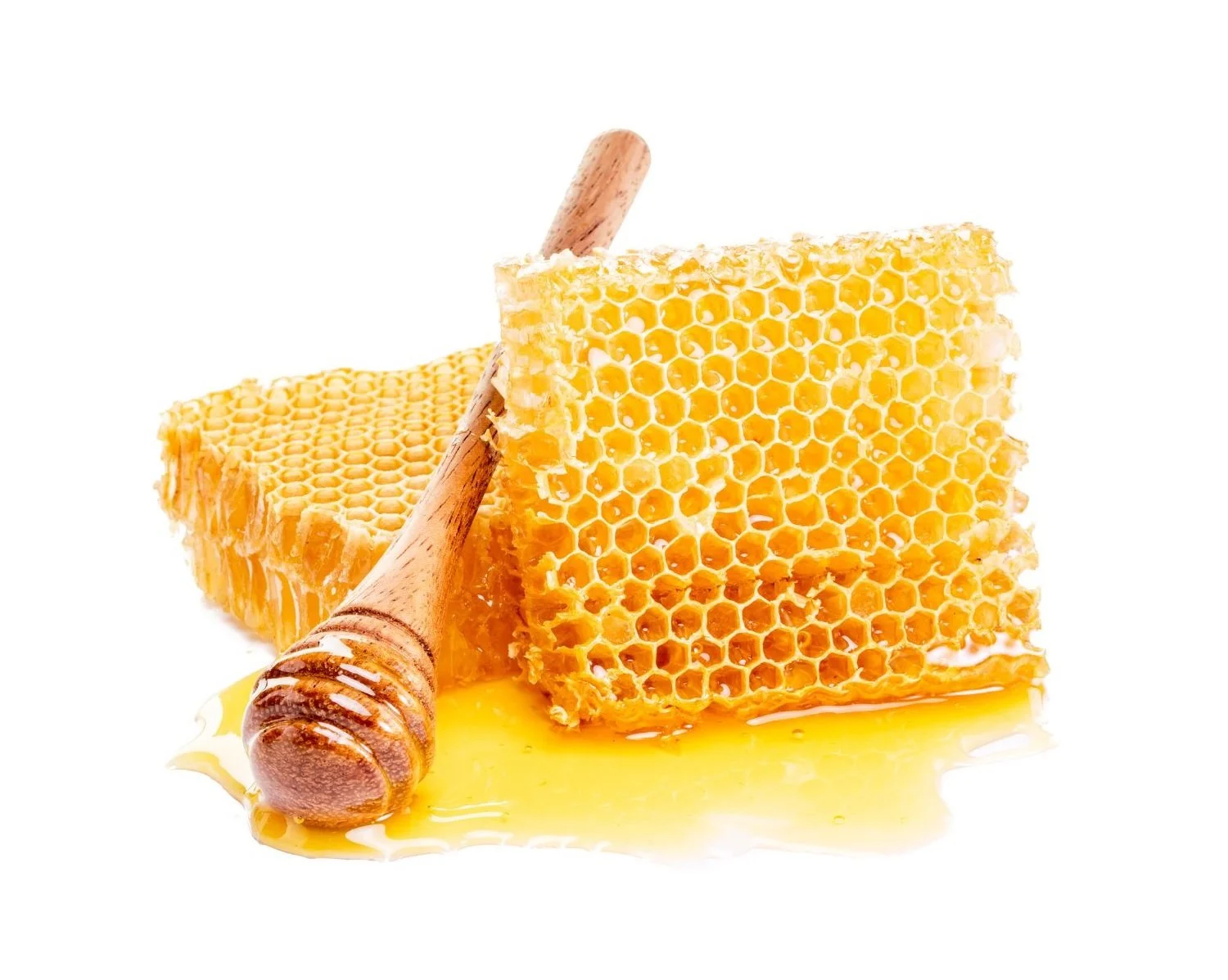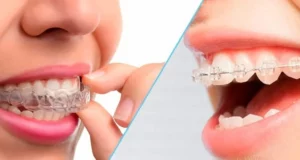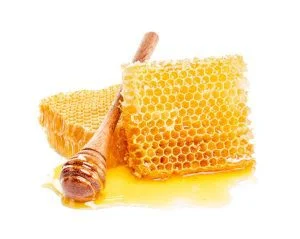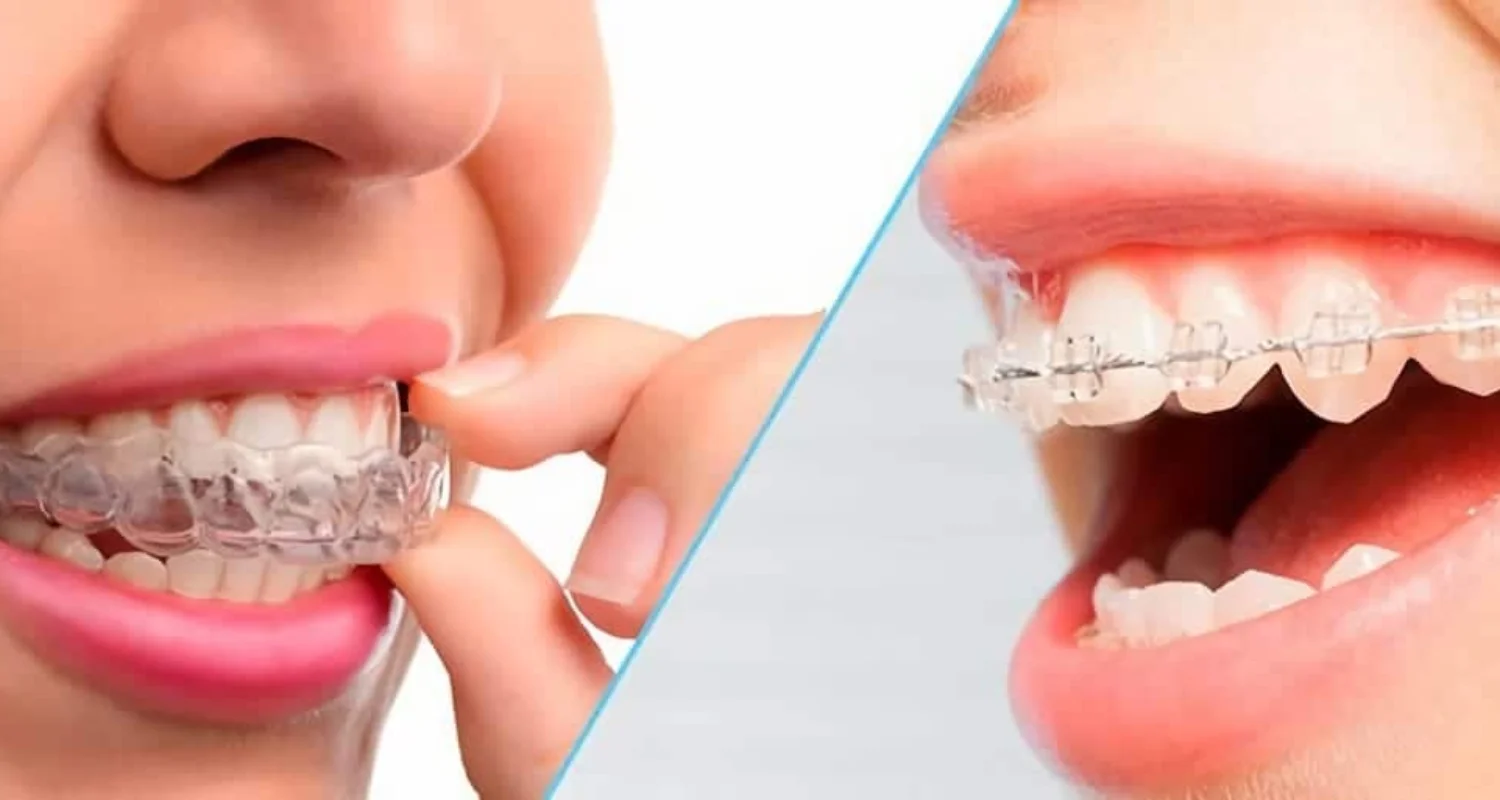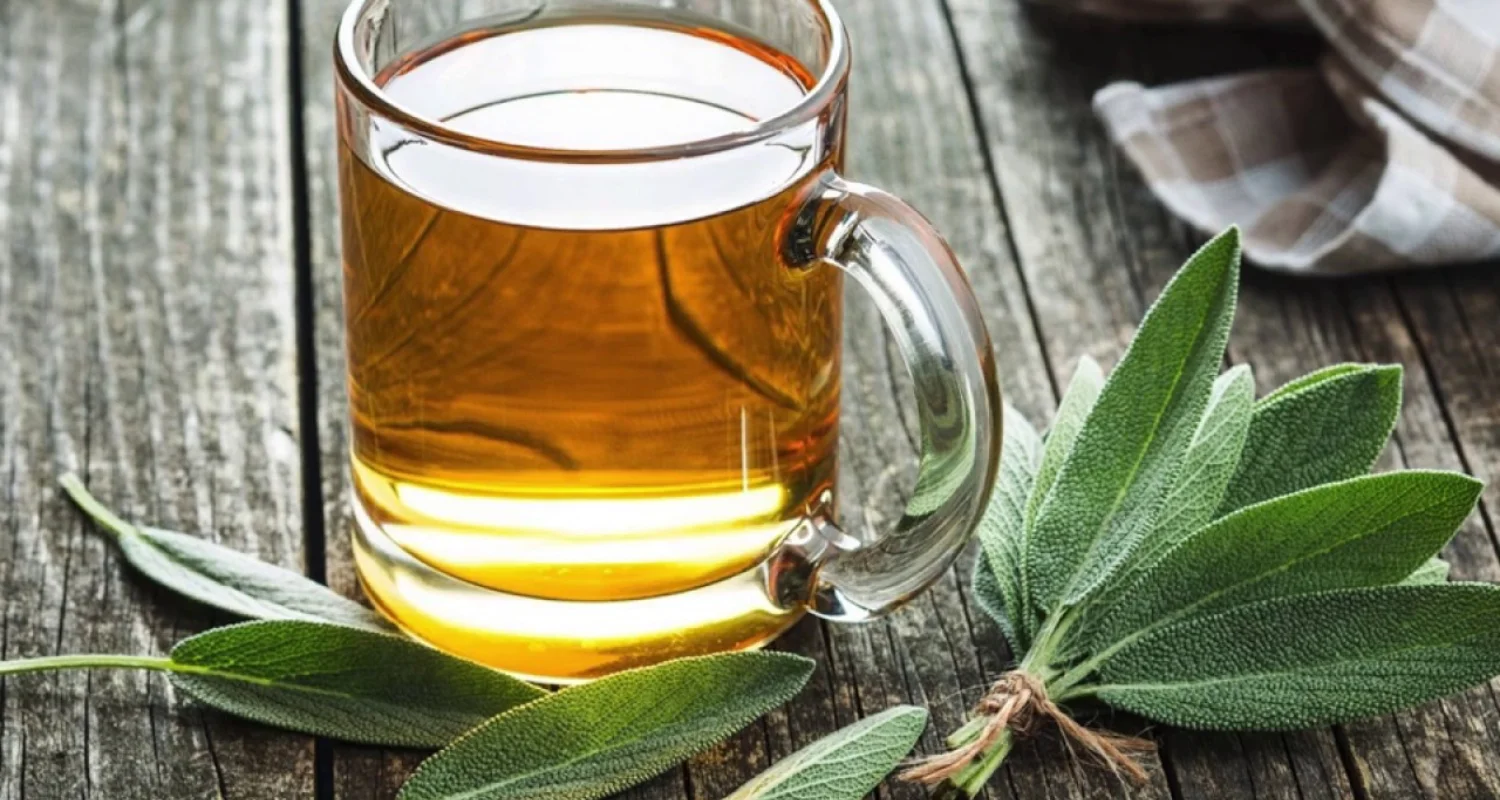Last Updated on: 24th July 2024, 12:07 pm
✓ Fact Checked 🕓
❙ Our team of writers, editors, and medical experts rigorously evaluates each article to ensure the information is accurate and exclusively cites reputable sources.
❙ We regularly assess how the content in this article aligns with current scientific literature and expert recommendations in order to provide the most up-to-date research.
Advantages of Raw Honey for Gum Disease
Honey has long been considered a natural medicine in many ancient cultures, with the raw form being an integral part of traditional therapies for various diseases. In recent years, science has begun to show that it is a valuable natural remedy, especially for its oral health benefits. This article addresses the antibacterial potential of raw honey to treat gum disease, predominantly due to its propolis and hydrogen peroxide content. We will examine its application for oral hygiene to achieve the elimination of pathogens, which leads to an improved health status of the gums.
What Makes Raw Honey an Effective Treatment for Gum Disease?
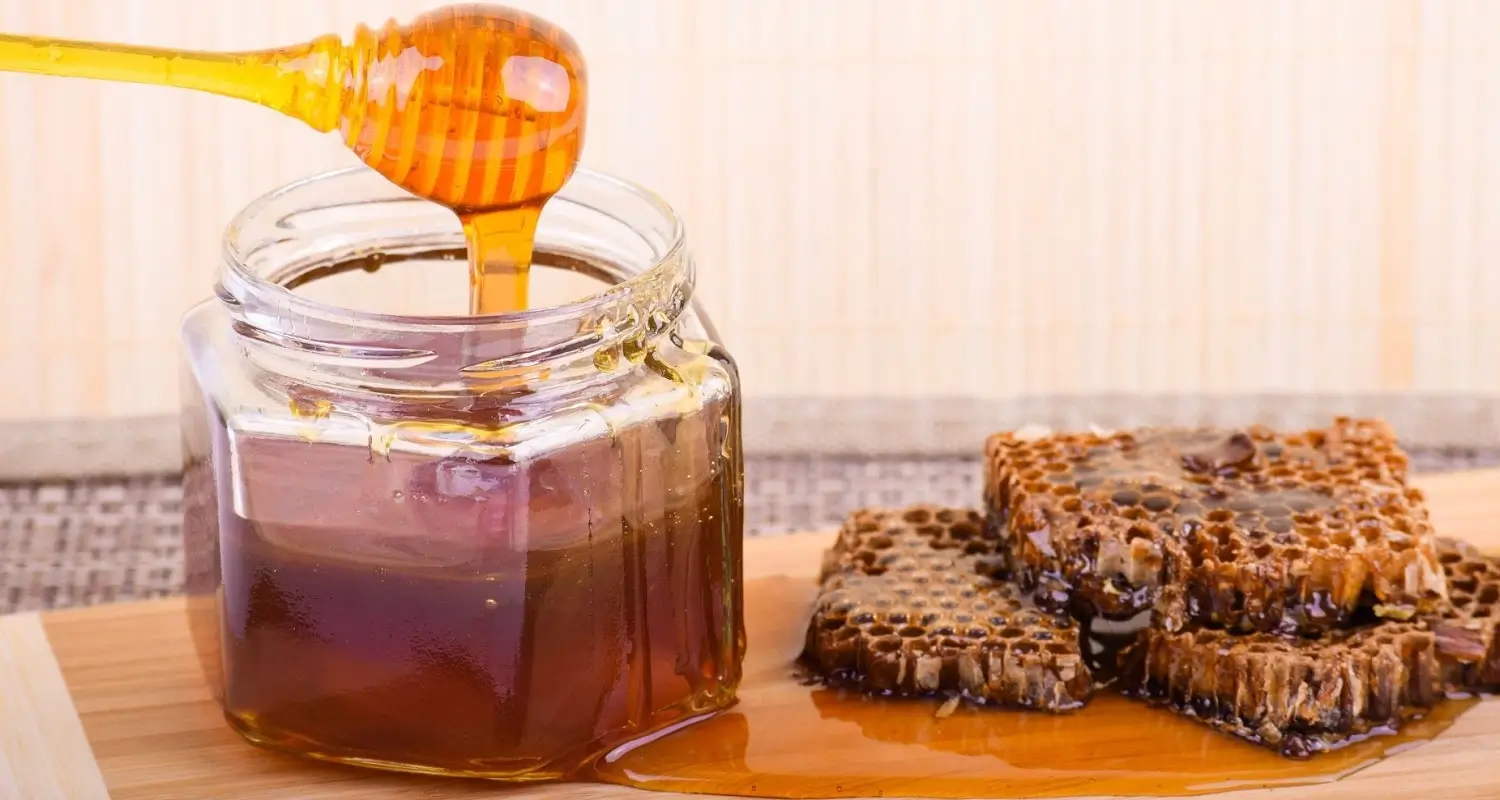
In honey is a substance called propolis; it is produced by bees from certain plants and trees. The composition of honey may vary, depending on environmental conditions, geographic location, the production process, and the specific flora from which the local bees collect nectar. Bees use propolis to strengthen and protect the hive from diseases and parasites. This substance has great medicinal value given that it contains antibacterial, antifungal, anti-inflammatory, and antioxidant properties.
The antibacterial power of raw honey
In raw honey, we find the natural origin of hydrogen peroxide, an antiseptic with a high capacity to kill bacteria. Hydrogen peroxide is produced when bees add an enzyme called glucose oxidase to nectar; this enzyme then acts on the sugar present in honey. The result is a very effective hydrogen peroxide that can fight against pathogens and bacteria, including those in the oral cavity that cause gum inflammation and cavities.
Anti-inflammatory effects of honey
We also find antioxidant substances in honey, such as flavonoids and phenols that reduce inflammation in the body. The free radicals responsible for inflammation that can cause cellular damage are neutralized by these antioxidants; therefore, by reducing the activity of free radicals, we can achieve reduced inflammation in the gums.
How to Use Raw Honey for Gum Health?

Being natural, raw honey can complement standard gum care thanks to the antibacterial, anti-inflammatory properties that help boost the healing process. However, you must understand the correct use to increase its benefits while reducing possible adverse effects, such as cavities due to a high sugar content.
Direct application methods
● Items needed: Raw honey, preferably organic, cotton swabs.
● Steps :
1. Carry out your oral hygiene routine, including brushing and flossing.
2. Use a clean finger or cotton swab and apply a small amount of raw honey directly to the gum area that is inflamed or irritated.
3. To ensure adequate contact of the raw honey with the inflamed area, gently massage the area for a few minutes.
4. The time to act on the gums is 10 minutes. It is advisable not to eat, drink, or rinse during this time.
5. After 10 minutes, rinse your mouth with warm water.
Incorporate honey into your daily oral care
Given the effectiveness of products laden with raw honey components in maintaining oral health, here are some ways to incorporate raw honey into your daily oral hygiene routine::
● Incorporation into toothpaste: raw honey can be incorporated into either a homemade or commercial paste, in which its main compound is propolis. Adding a small amount to your usual toothpaste and/or a commercial toothpaste should prevent the formation of bacterial plaque and pathogenic microflora. Nonetheless, always use raw honey with caution.
● As an alternative to a mouthwash: You might explore making a honey-based mouthwash or rinse. Simply dilute a teaspoon of raw honey in a glass of warm water to take advantage of its antibacterial and antioxidant properties.
Other Benefits of Raw Honey for Oral Health
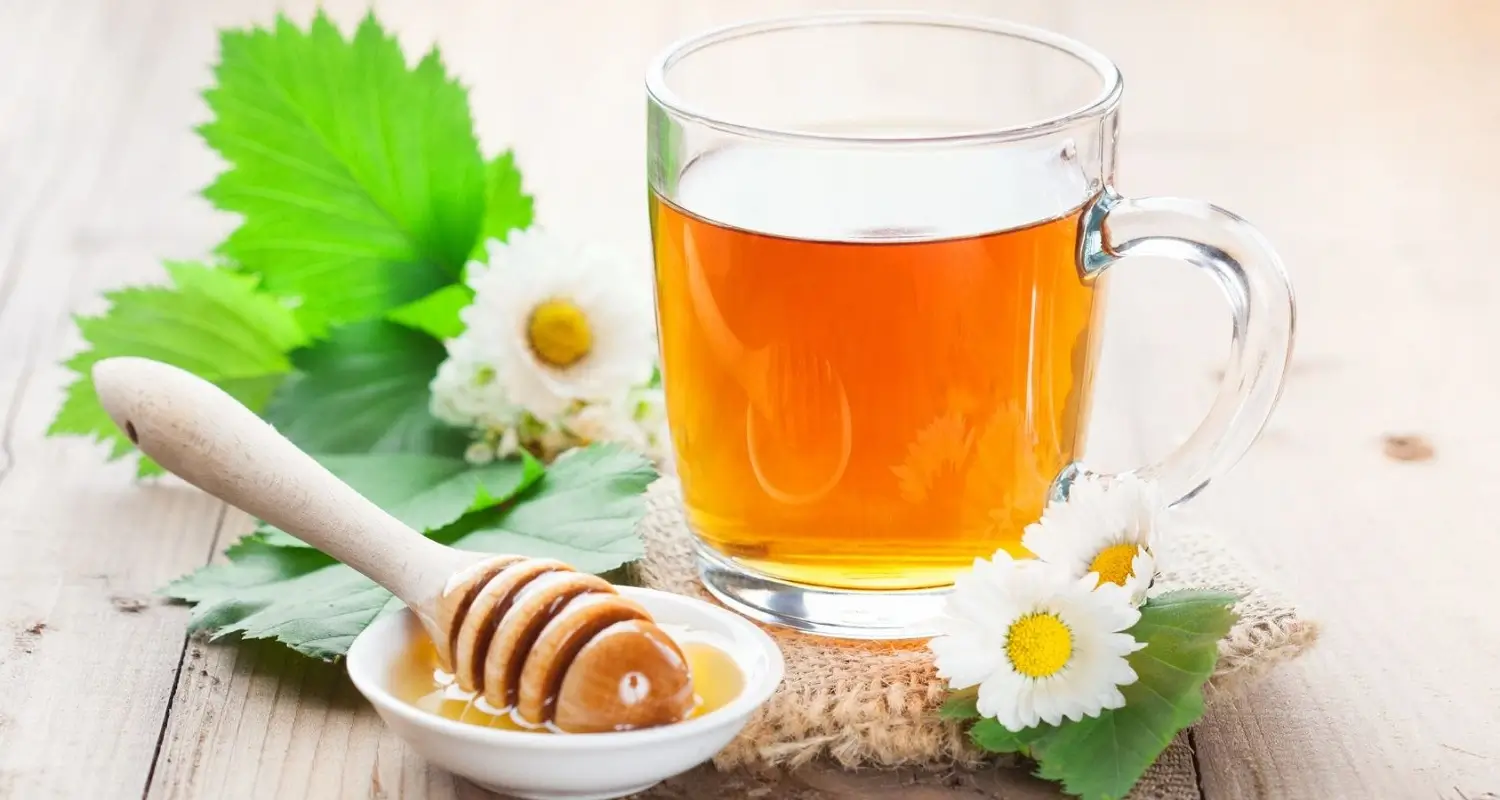
Honey boasts ample benefits for oral health -antioxidant, antimicrobial, antibacterial, anti-inflammatory, and anti-cancer all of which are scientifically supported. Below are some of its benefits:
1. Caries: Raw honey contains significant antibacterial properties that fight various species, including Streptococcus mutans which is involved in the process of dental caries. Of note, raw honey shows the potential to reduce the formation of biofilm on the tooth surface, thereby reducing the capacity to produce the acids responsible for dental caries.
2. Gingivitis: In cases of gingivitis, the use of honey, especially the Manuka variety, has proven to be most effective in reducing gingival inflammation. Thus, it is recommended to use a mouthwash with this particular honey.
3. Oral cancer: Thanks to the phenolic and flavonoid components present in raw honey, especially Tualang honey, chemopreventive activity has been seen to fight oral squamous cell carcinoma. Offering a potential complement in the treatment and prevention of oral cancer.
4. Halitosis: Manuka honey has been shown to reduce bad breath known as halitosis, which is attributed to its ability to alter bacterial metabolism, thereby reducing the presence of bad odors.
5. Bucal mucositis: if mucositis is present in the mouth – often due to radiotherapy or chemotherapy – treatment with honey can alleviate the problem thanks to its anti-inflammatory and antimicrobial properties.
6. Xerostomia: In this case, thyme honey is recommended; it has been shown to provide relief for patients, improving quality of life since it reduces pain and dysphagia.
7. Dentin hypersensitivity: Propolis has been shown to be effective in reducing tooth sensitivity, as it can block the dentinal tubules, producing significant relief.
To obtain the maximum benefits, choose raw, high-quality honey, since the processed type loses many of its compounds, significantly reducing its beneficial properties. In raw, unprocessed honey we will find intact enzymes, antioxidants, and antimicrobial compounds, ensuring its effectiveness in oral health and treatment.
Conclusion
Using raw honey as a natural treatment for gum disease is a great option due to its antibiotic, anti-inflammatory, and antioxidant properties. To get maximum oral health, choose good quality, unprocessed or raw honey. We encourage including raw honey in your oral care routine, in addition to the normal hygiene measures, always seeking the advice of a dentist. Raw honey helps achieve better oral health. In fact, we have come to recognize the importance of how nature cares for our well-being.
Frequently Asked Questions
Is raw honey safe for everyone?
Raw honey is generally safe for most people but is not recommended for children under one year due to the risk of infant botulism. People with compromised immune systems or an allergy to bees should also proceed with caution.
How long does it take to see results from treating gum disease with raw honey?
Results may vary, depending upon the initial condition of the gum disease and the frequency of use. Some people may notice an improvement in the inflammation and therefore gum health within a few weeks, while others may require longer use to see significant benefits.
Can raw honey replace traditional treatments for gum disease?
Although raw honey has properties that help treat gum disease, it should not be considered as a substitute for the traditional treatments recommended by dental professionals. It is best used as a complement to regular dental care and prescribed treatments.
How to choose the right raw honey for oral health?
Opt for high-quality organic raw honey, preferably from reliable sources that guarantee its purity and the conservation of all active compounds. Locally- -sourced Manuka honey is known for its superior medicinal properties, including higher levels of hydrogen peroxide and propolis.
Are there any risks associated with using raw honey for gum disease?
The main risk associated with the use of raw honey in oral hygiene is the sugar content, which can contribute to cavity formation if proper dental hygiene is not followed. It is important to rinse or brush your teeth after applying raw honey to your gums to avoid this risk.
Share:
References
1. Pubmed. (Jul; 2023). Exploring the Potential of Bee-Derived Antioxidants for Maintaining Oral Hygiene and Dental Health: A Comprehensive Review. https://www.ncbi.nlm.nih.gov/pmc/articles/PMC10375990/#B264-antioxidants-12-01452
2. Pubmed. (Jul; 2014). Effect of honey in preventing gingivitis and dental caries in patients undergoing orthodontic treatment. https://www.ncbi.nlm.nih.gov/pmc/articles/PMC4095052/
3. Pubmed. (Sep; 2022). Antibacterial and Antibiofilm Effect of Honey in the Prevention of Dental Caries: A Recent Perspective. https://www.ncbi.nlm.nih.gov/pmc/articles/PMC9455747/#B18-foods-11-02670
4. National Center for Biotechnology Information. (Jul; 2014). Effect of honey in preventing gingivitis and dental caries in patients undergoing orthodontic treatment. https://www.ncbi.nlm.nih.gov/pmc/articles/PMC4095052/
5. National Center for Biotechnology Information. (Jul; 2019). Honey in oral health and care: A mini review. https://pubmed.ncbi.nlm.nih.gov/30929799/
6. Pubmed. (Nov; 2019). Anti-biofilm effects and characterisation of the hydrogen peroxide activity of a range of Western Australian honeys compared to Manuka and multifloral honeys. https://www.ncbi.nlm.nih.gov/pmc/articles/PMC6881396/


